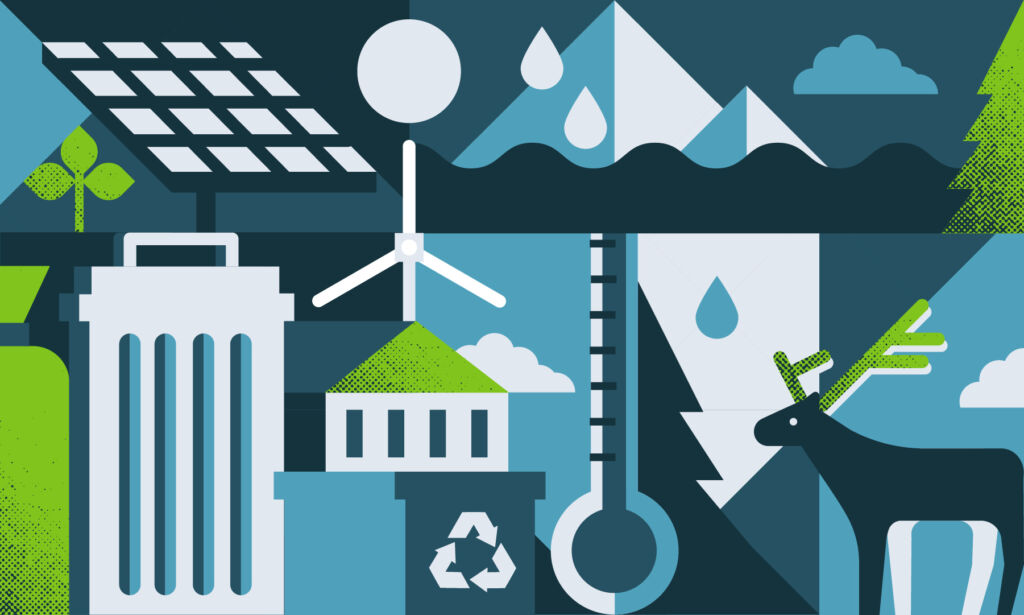We’re also trained to think of economic growth as unfailingly positive. When we hear on the news that the economy is growing, it’s hard not to feel that things are getting better, and it’s not hard to see why.
Economic growth provides things people like. Houses. Indoor plumbing. Refrigerators. Your cellphone. And let’s not forget how many pop songs have been written about cars (and trucks, if you like country music).
These things are all products of capitalism, an economic system that is tied up with the idea of growth by its very nature. But growth is not all good. There’s trouble in paradise.
Economic growth as we currently practise it is not specifically designed to lift people up. It is invariably uneven, and under capitalism the benefits of growth accrue to the owners of capital first and then, to varying degrees, to those who trade their labour to live. (State-provided public services and meagre income transfers, a.k.a. the “social wage,” are part of the negotiation.)
Part of the deal is that wages, or most of them, are spent on the goods and services that fuel growth, keeping the whole machine running. But it’s not a virtuous circle by any means. It’s more like a spiral.
Or maybe a giant screw—a screw drilling its way into the Earth.
Perpetual growth demands perpetually more resources.
Under colonial notions of land and who it belongs to—or who belongs to it—the extraction of those resources has come at a high cost to Indigenous Peoples, and the waste from those operations and the products they produce, toxic and less toxic, have been more likely to be dumped in and around racialized communities for a long, long time.
When it comes to resources, no resource drives growth more than energy. “Energy,” writes Thomas Homer-Dixon, scholar and former oil patch roughneck, “is our master resource,” and right now the energy that underpins life as we know it is fossil fuel energy.
Oil grows our food, it builds our houses, it delivers practically everything we consume. And if we don’t get really smart, really fast, it is going to destroy us.
This is not news, of course. We know the climate emergency is now—it’s not some future worry.
That and rampant inequality, of all kinds, are the twin crises of our time. And they are both bound up with current notions of economic growth.
Getting them under control is going to require great policy and brilliant politics to change the way we organize not only our economy, but every aspect of our lives.
It’s a big challenge. In Ontario, where I live, we’ve just gone through a provincial election which was won by the Progressive Conservatives led by Premier Doug Ford. In an interview, Ford’s campaign manager was asked, “What did people vote for in this election?”
His reply was simple: they voted “for stability and for growth.”
A major issue in the election campaign was the government’s plan to build highway 413, a new superhighway west of Toronto that will take 2,000 acres of farmland out of production, cross 85 waterways, damage 220 wetlands, and threaten the habitats of 10 species at risk.
This is growth as we know it. And it’s everywhere.
That’s why this issue of The Monitor is so important. The problem of growth is a complex one.
We need to hold it up to the light and look at it from every possible angle.
What is meant by “degrowth?” What new infrastructure does the next economy need? How do we build the care economy? How do we allocate investment and economic benefits? How do we measure progress? What do we mean by “the good life,” and who gets to decide?
Perhaps most importantly, how do we connect policy work to the organized working class power a real transformation will demand?
We won’t answer all these questions with one issue of a magazine. But it’s a great place to start.







